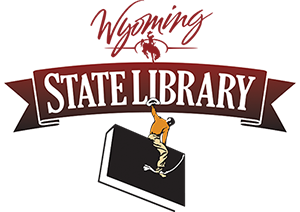The National Network of Libraries of Medicine Training Office is offering a series of five free, online CE webinars called PubMed for Librarians. Take one or more (or all) of the classes. Follow the links to register.
PubMed for Librarians: Introduction (1.5CE)
Wednesday, June 6, 11 a.m. – 12:30 p.m. MDT
Learn the difference between PubMed and MEDLINE. Brief introduction to MeSH, Automatic Term Mapping and Subheadings. Citation sensors.
PubMed for Librarians: MeSH (1.5CE)
Wednesday, June 13, 11 a.m. – 12:30 p.m. MDT
Learn about the National Library of Medicine’s Medical Subject Headings (MeSH) database. Four different types of MeSH terms. We’ll investigate the structure of the MeSH database (spoiler alert…it’s a hierarchy) and look at the components of a MeSH record.
PubMed for Librarians: Automatic Term Mapping (1.5CE)
Wednesday, June 20, 11 a.m. – 12:30 p.m. MDT
Learn how PubMed uses Automatic Term Mapping (ATM) to map your keyword searches to the controlled vocabulary of the MeSH database. Learn how ATM helps you search effectively with keywords. We will also look at the MeSH explosion feature. We will explore how to search for phrases in PubMed (spoiler alert…there’s a phrase index.)
PubMed for Librarians: Building and Refining a Search (1.5CE)
Wednesday, June 27, 11 a.m. – 12:30 p.m. MDT
This class will focus on using some of the tools and features built into PubMed that are designed to help you search more effectively. We will look at Coordination techniques used by the Indexers. We’ll explore the Index feature to build a search. We will explore the Filters Sidebar and Topic-Specific Queries as tools for building a focused search.
PubMed for Librarians: Using PubMed’s Evidence-Based Search Features (1.5CE)
Wednesday, July 11, 11 a.m. – 12:30 p.m. MDT
Looking for a specific type of study? This class will explore the Medical Subject Headings (MeSH) used for indexing clinical studies. We’ll explore 3 PubMed features that facilitate searching for literature that supports evidence-based medicine. Explore the Clinical Queries tool that includes a Systematic Review search hedge (PubMed calls it a filter.)

